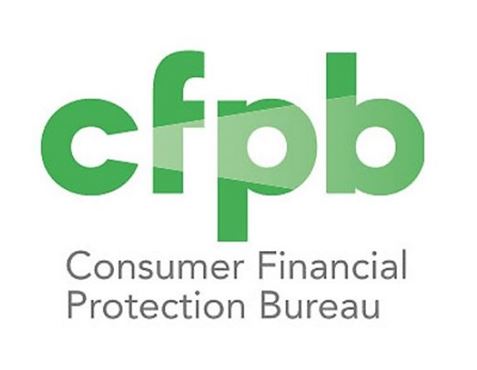The U.S. Court of Appeals for the District of Columbia on Tuesday ruled that the structure of the Consumer Financial Protection Bureau (CFPB) is unconstitutional.

“For years I have argued that supporters of Dodd-Frank sacrificed our Constitution in the name of bureaucratic independence,” U.S. Sen. Richard Shelby (R-AL) said. “While the court’s ruling today is a victory for accountability, it is meaningless without a president who is willing to rein in the unmatched authority of the CFPB’s director.”
Shelby said the CFPB needed to be governed by a board of directors subject to the appropriations process to provide Congress with proper oversight and accountability to the agency.
U.S. Rep. Jeb Hensarling (R-TX) also agreed with the court’s decision.
“By design the CFPB is arguably the most powerful and least accountable Washington bureaucracy in American history, and it shows,” Hensarling said. “The bureau has infringed on the economic freedoms of consumers, limited their financial choices, increased their costs, and failed to hold managers accountable for widespread discrimination and abuse of its own employees. This must change.”
The U.S. House Committee on Financial Services recently approved the Financial CHOICE Act, which seeks to reform the CFPB by providing additional congressional oversight.
Richard Hunt, president and chief executive officer of the Consumer Bankers Association (CBA), said the CFPB should be governed by a five-person, bipartisan board.
“We applaud the court’s decision to repeal the amplified penalty on PHH. At the same time, the decision puts the CFPB under the direct control of the administration to resolve the constitutional question. This means the CFPB would no longer be an independent agency, as originally intended. Congress could resolve both problems by creating a commission to run the agency, in place of a sole director,” Hunt said.